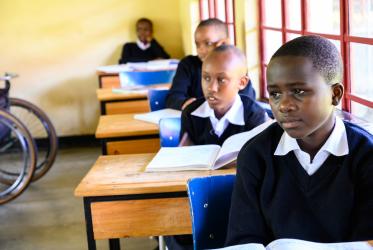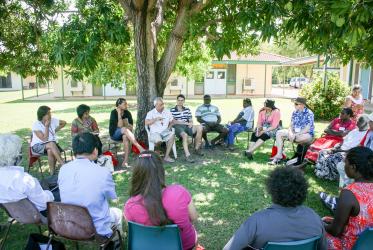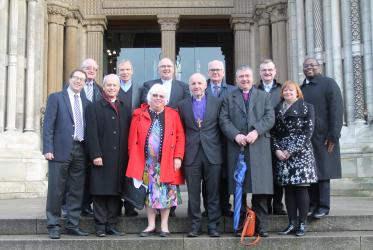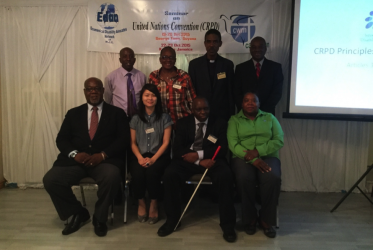Displaying 1 - 20 of 23
23 October 2020
The cry of the Papuans in Indonesia
14 November 2019
Mission and people with disabilities
26 June 2019
Fr Alexi - a peacemaker in Syria
21 December 2018
#WCC70: Children in the Ecumenical Movement
20 December 2018
Indigenous spirituality: can it transform injustice into justice?
01 September 2016
"I hit the ground running": Katalina Tahaafe-Williams
16 February 2016
WCC delegation visits north Ireland and border barriers
02 December 2015
“No decision about us without us”
09 November 2015
WCC urges responsibility for and support to the refugees in Europe
04 September 2015












